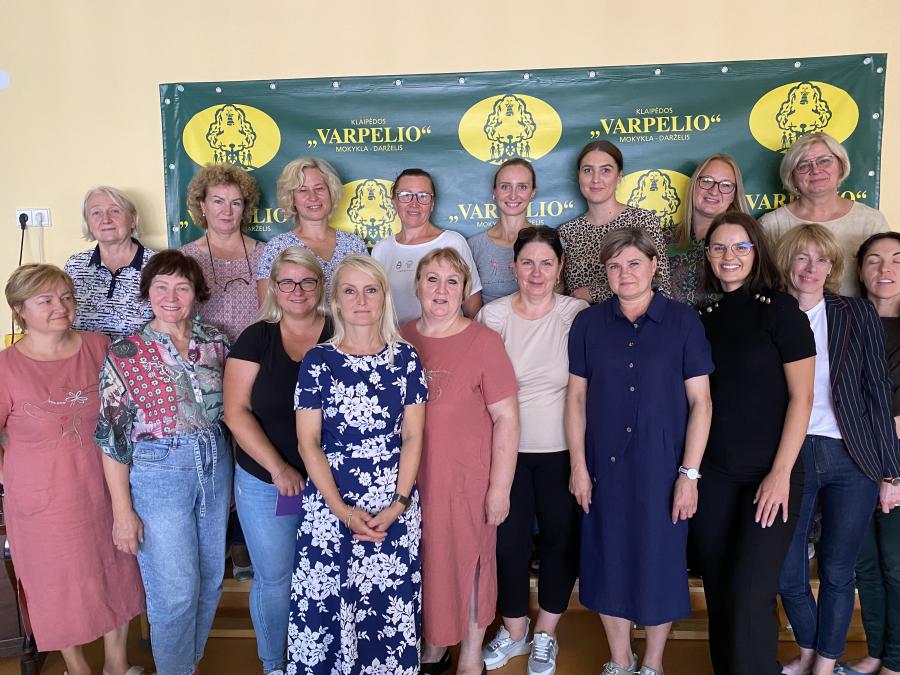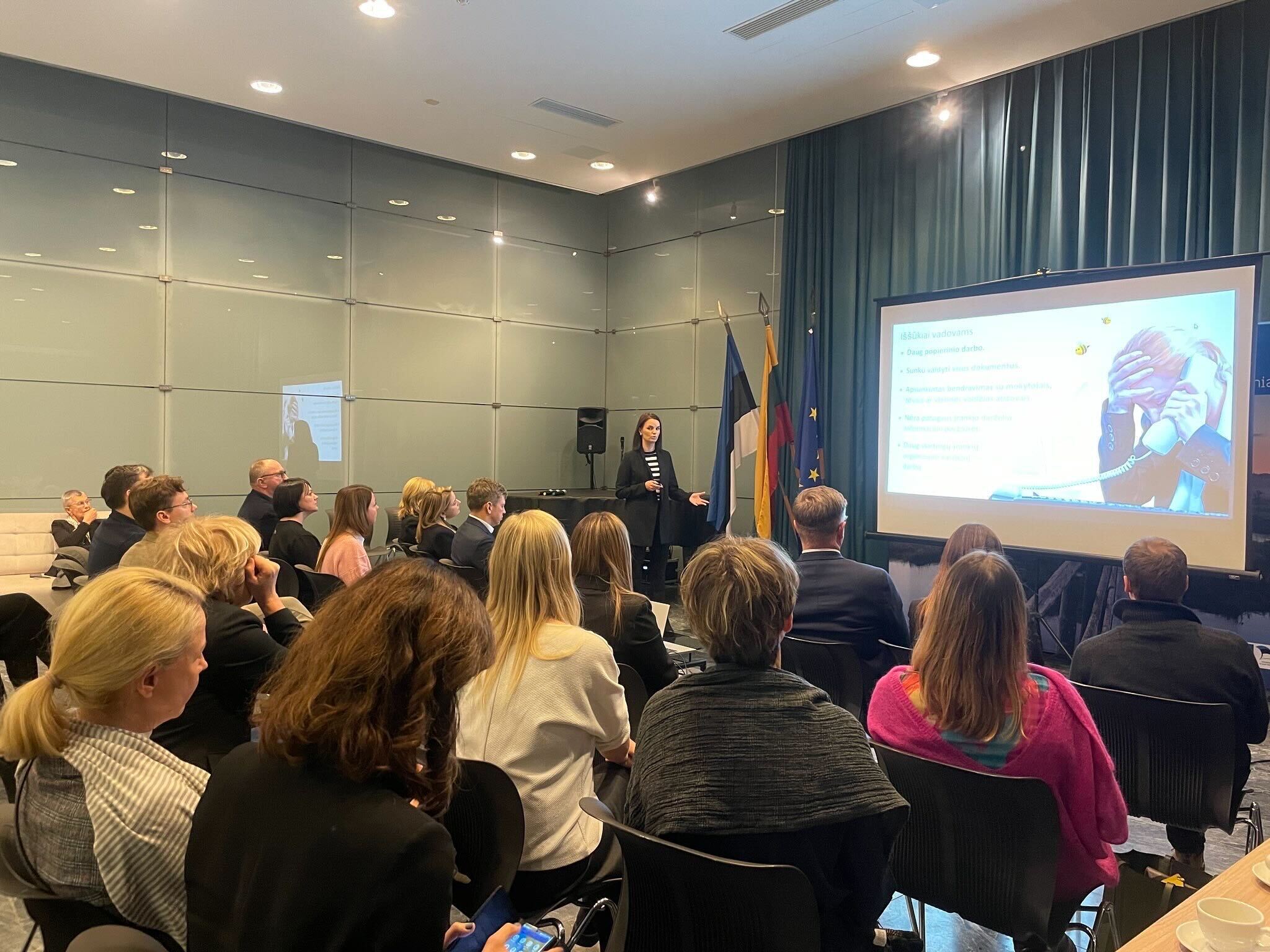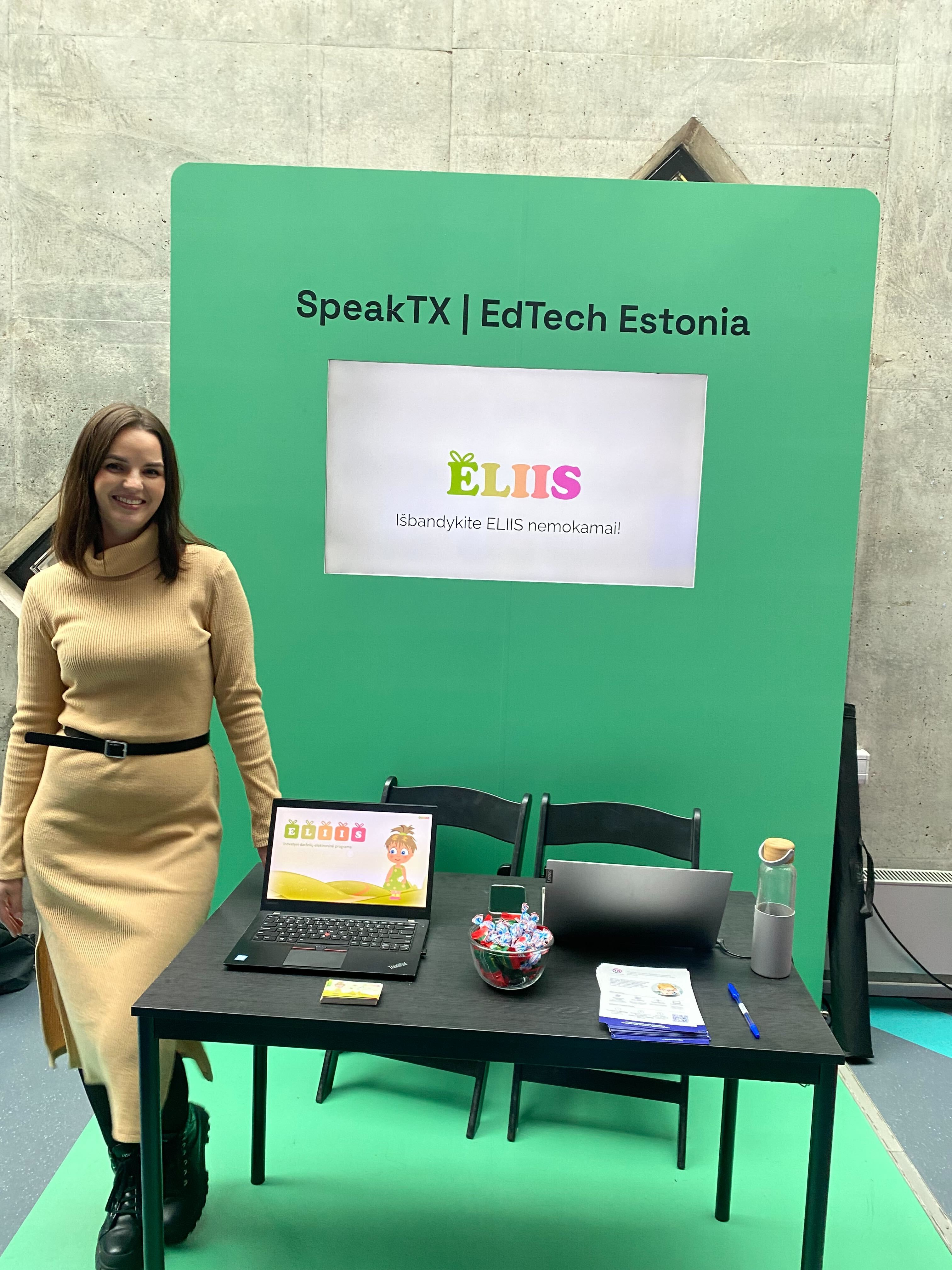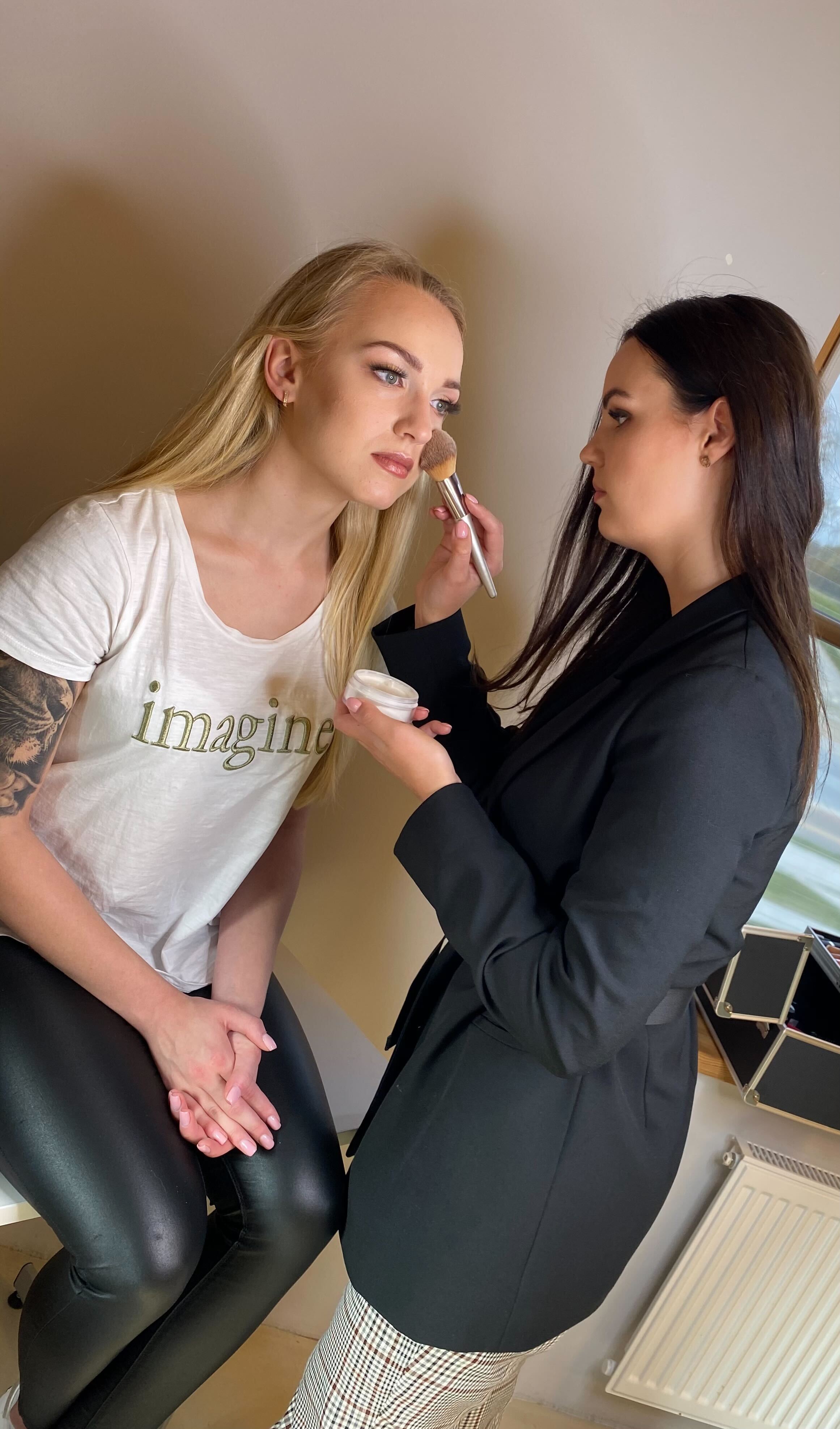Interview with the Deputy Head of Kindergarten Education" (ASTA)
We believe that every child is unique!!!
1. What inspired you to choose a managerial role in preschool education?
Working as a teacher, I increasingly noticed that I enjoy organizing, helping others, initiating new educational ideas. Over time, I felt a desire to contribute more broadly – to improve the overall quality of education, support teachers, and create a vision for the institution. I feel that this role allows me to contribute meaningfully to the preschool community.
2. What do your daily tasks consist of?
My day is full of diverse activities – I coordinate educational plans, consult teachers, observe the educational process, review documentation. I also communicate with parents, organize training, participate in various projects. I try to balance administrative and pedagogical work so that children and teachers receive the most benefit.
3. What is the greatest challenge in your work?
The greatest challenge is ensuring high educational quality while maintaining emotional well-being in the team. Sometimes there’s a lot of information, changing requirements, or difficult situations that need to be resolved sensitively. But I’ve learned that openness, communication, and support are the best tools in difficult moments.
4. How do you support teachers in their professional development?
I organize internal training, invite lecturers, encourage participation in external seminars. I also try to create space for collegial cooperation – sharing experiences, observing each other’s work. I believe that when teachers feel supported and appreciated, they grow and inspire children even more.
5. How do you promote innovation in education?
We try to follow the latest trends, use new educational methods and technologies. I encourage teachers to experiment, try, not be afraid to make mistakes. We also analyze educational data, feedback, and improve based on that. Innovation starts from an open attitude and curiosity.
6. How do you ensure the educational program meets the needs of today’s children?
We regularly review the program, adapt it to the changing world and the interests of children. I consult with teachers, observe children’s activities, listen to parents’ suggestions. The most important thing is that the program be alive – flexible, inclusive, and child-centered.
7. What does a successful teacher mean to you?
A successful teacher is one who sees each child, is empathetic, curious, and constantly learning. One who can adapt, inspire, create a safe space for children to grow. I value not only professionalism but also warmth, openness, sincerity.
8. What educational values are most important in your institution?
We nurture respect, individuality, cooperation, and continuous growth. We believe that every child is unique, and education must help them discover their strengths. We also value community – the relationship between children, teachers, and parents is very important to us.
9. How do you involve the whole community in educational life?
We organize events, educational mornings, meetings with parents. We invite families to participate in initiatives, projects. I believe that when parents and educators work together, the educational process becomes much richer. We also involve children in decisions – their voice is important.
10. In what ways does ELIIS support the monitoring and improvement of educational quality in your institution?
ELIIS plays a key role in our internal quality assurance processes. It allows me to systematically monitor each group’s educational plans, assess their alignment with national curriculum goals, and review how activities are documented and reflected upon. I also analyze attendance trends, parental involvement, and feedback gathered through the system. This helps us identify strengths and areas that need improvement. Moreover, having all data centralized in one platform makes communication between staff members more efficient and allows for timely pedagogical consultations. It truly enhances our capacity to make informed, evidence-based decisions.
12. What are you most proud of in your job?
I’m proud of our team – sincere, professional, dedicated. I’m also proud of the children – how they grow, learn, surprise us. And of the changes we’ve achieved – when we see that our efforts improve the daily lives of children and teachers, it’s very rewarding.
13. What motivates you to keep improving?
I’m motivated by the desire to help others grow – both children and adults. I also feel responsibility for the quality of education. And I’m curious – I want to learn, look for new solutions, not stand still. Growth is both a challenge and a joy.
14. How do you evaluate your institution’s strengths?
Our strength is the team, shared values, and openness to change. We’re not afraid to ask questions, reflect, improve. We also have strong ties with parents and the community. And we never forget why we’re here – for the children.
15. What would you wish for other educational institutions?
I would wish for courage, empathy, strong communities. That educational institutions not only teach but also grow people – free, thinking, compassionate. And that every child and teacher would feel – I am important, I am heard, I am needed here.
Photo from the first meeting with our Eliis customers (2024 archive)!







